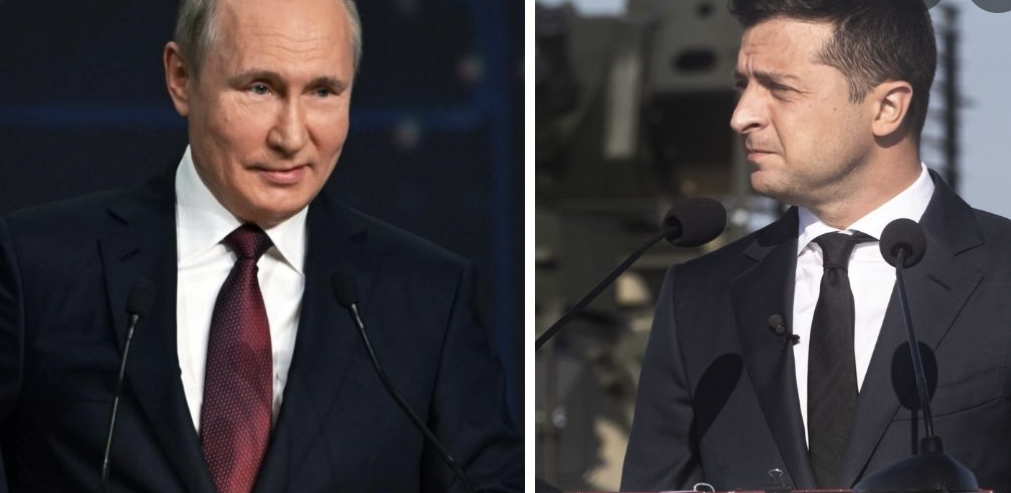Ukrainian President Volodymyr Zelensky yesterday sent another video to speak to his people: "The Black Sea will be safe and ours again, everything will be rebuilt, Russia does not have enough missiles to break the Ukrainians' will to live". Meanwhile, the Kiev Parliament has banned the import of Russian and Belarusian books and newspapers into the breakaway Donbass republics. Same thing for music, concerts and films by Russian authors. The only Russian artists admitted are those who publicly condemn the invasion of the country.
Beyond Zelensky's political phrases and actions, the reality on the ground tells another story, harder and more complex. In the Donbass there is a risk of encirclement of Ukrainian troops. From Mykolaiv there are attempts to push to take Kherson from the Russians. From Zaporizhzhia the Ukrainian artillery positions moved ten kilometers further south, towards Melitopol, coming to engage the Russian defenses, thanks to the 155 mm NATO cannons with longer range than those available to the Russians in that area.
In the east, Russian missiles would have destroyed a load of Western weapons and there is a risk that Kharkiv, the second largest city in the country, will come back under Russian bombing.
The four open fronts. In the southwest between Mykolaiv and Kherson, in the south between Zaporizhzhia and Melitopol in the southeast in Donbass and in the east between Kherson and the Russian border. The difference is the longer range guns. It has become a war of position in which whoever has the most men and means will win.
The Secretary General of the Atlantic Alliance, Jens Stoltenberg, in an interview with German newspapers said of having to prepare for the fact that the war could last for years. NATO argues that the supply of modern weapons to the Ukrainian army could effectively allow Kiev to liberate the Donbass. Stoltenberg: "even if the cost is high in both military and civilian terms for the price of energy and food, we must continue to support Ukraine".
The British premier is on the same wavelength Boris Johnson"Ukraine must receive weapons, ammunition and training faster than the invader".
The European Union ready to supply new weapons
The 27 EU leaders will be called upon to sign the commitment to supply more weapons at the European Council which begins next Thursday. Italian Mario Draghi should sign a new document which, in addition to supplying new weapons to Ukraine, could increase the sum dedicated to military support in Kiev under the fund called the European Peace Facility, from 2 to 2,5 billion euros. The Fund used to send arms to Ukraine was activated for the first time on February 28, with a 500 million euro tranche. A second tranche of the same amount was then approved on March 23, a third on April 13 and a fourth on May 24, bringing the total allocation to two billion. To date, the European Peace Facility has a total budget of 5 billion which serves to cover the period 2021-2027.
There is harmony among EU countries on the sending of new weapons, while there is some disagreement on the need to increase the endowment of the aforementioned fund. Germany with Austria and Malta have, in fact, shown a lot of mistrust about the need to disburse further funds.
On the other hand, in the draft conclusions of the European Council there are no references to the need to achieve peace or to the ceasefire, as instead Italy had asked in vain at the May summit. The message to Russia, on the other hand, is clear-cut and leaves no room for compromise: "The European Council strongly condemns Russia's indiscriminate attacks on the civilian population and civilian infrastructure, and urges Russia to immediately and unconditionally withdraw all its troops and military equipment from the entire territory of Ukraine within its borders internationally recognized ".
